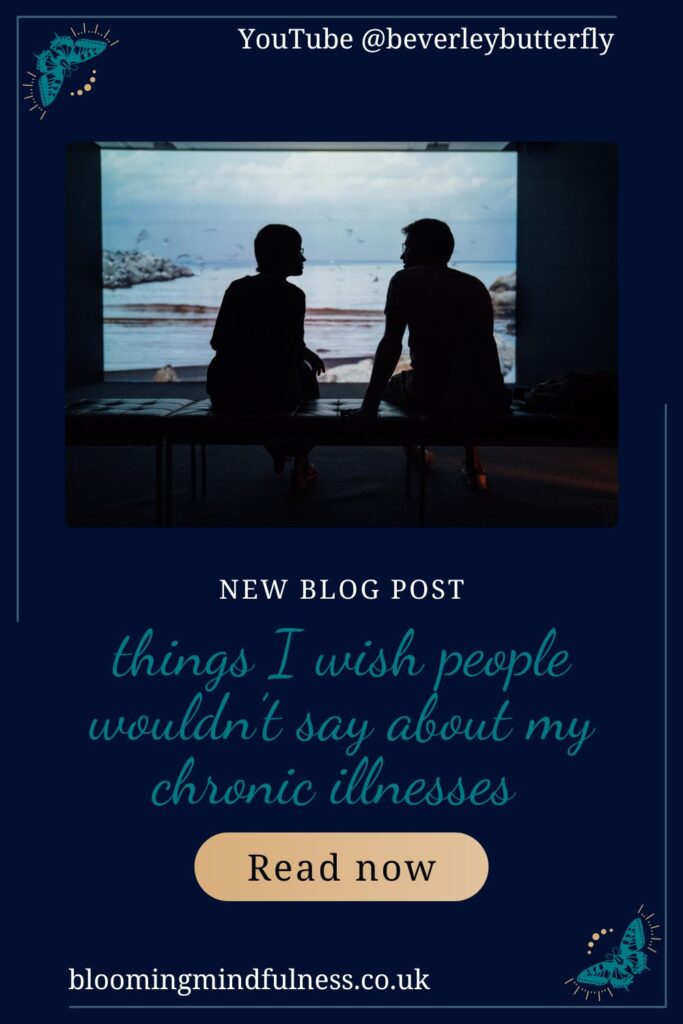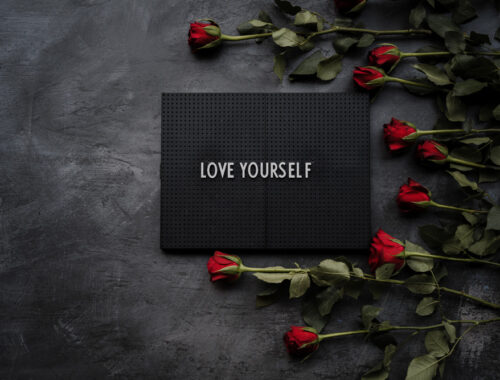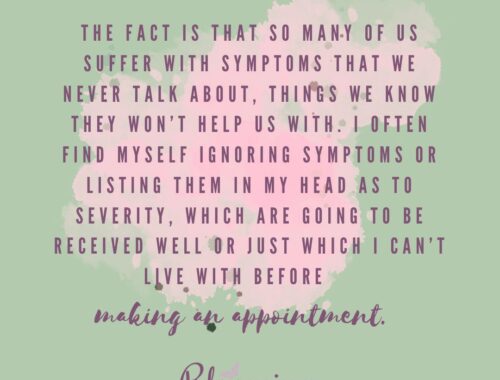
Things I wish people wouldn’t say about my chronic illnesses
In this weeks post, I thought I would talk about things I wish people wouldn’t say about my chronic illnesses. This is an important one for people in the street!!

Image description: Two people are looking at one another and talking behind them is a bright display so they are in silhouette
Most people who know me well, don’t chat much about my chronic illnesses because honestly it’s not the most exciting or interesting thing about me. Thankfully it can blend into the background and I can just be me.
However, when meeting new people or being out of the house, I often find myself on edge and anxious about the people who will see me. Will they make assumptions about me based on how I am walking, if I am using my rollator as a walker or as a wheelchair?
There are whole threads on websites like reddit dedicated to proving disabled people are faking, or making fun of us. And because I am an ambulatory wheelchair user, I have a fear of people taking pictures and posting them.
But above anything, its what people might ask me or say to me that makes me feel worried, because so many things said without thinking that can hurt. Often people mean well, they are curious and unsure what to say, but so many people with chronic illnesses or disability have triggers.
These are subjects, comments or questions that ‘trigger’ an emotional response, and though the term is overused it does matter. Because of this I thought we would chat about things I wish people wouldn’t say about my chronic illnesses.
Things I wish people wouldn’t say about my chronic illnesses:
- Must be nice not to work – I assume this comes from most people thinking not working is like having a couple weeks off. But when you have no choice, and your life is punctuated with pain and fatigue, it is not the same! Many of us would love to be well enough to work, and have money to go on holidays and do what we want. I tried many different jobs that my illnesses made it hard to do before I finally had to admit to myself that my body wasn’t well enough. This was a traumatic and difficult decision, and one that I did not make easily, so no it is not nice .
- What happened to you then – This is one that is usually asked when you randomly bump into someone you have not seen for a while. They usually think maybe you had an accident or some funny story about why you are using a mobility aid. However, it usually ends up with me trying to skirt around my complicated medical history and hoping they do not assume I am faking illness to get benefits.
- Yes but some people are faking – Honestly, the benefits system for those of us needing disability is not easy to navigate. It is traumatic, and scary and so many of us live worrying the small amount we get and need will be taken from us at any moment. The process is not set up with helping us in mind, and is something all the charities are constantly fighting. I never know how to respond in these moments but I do always want to scream that they only catch 1% of genuine fakers and no its not enough to make traumatising genuine disabled people okay!
- Have you tried… – Yes, most of the time the answer is yes! I have tried supplements, aloe, cider vinegar, yoga and countless other ‘cures’. I am glad it helped your great aunt’s cousin, but as there are no cures for my illnesses, there is little chance it will cure me!
- All it takes is positivity – No, just no! Now, I do practice mindfulness and positive affirmations, however they do not cure me. They are tools in my arsenal that help and support my mental health. But, me thinking more positively about my chronic illnesses will not make them go away and forcing positivity like that is incredibly toxic. Many of us have very complex feelings about our illnesses, ignoring the negative will not change that!
- I broke my leg once so I know what it feels like – Much of the time this is not meant in any way other than trying to be compassionate. However, short term pain and use of a mobility aid is very different to when it is chronic. Firstly, people know it will get better so mentally it is easier in many ways to deal with. Secondly, people treat you very differently when your illness is going to last only a short time. When there is no end in sight, things can feel very differently and affect you very differently when it is every day all day for the rest of your life.
- Hope you feel better soon – Most of the time this is said with all good intention, however it is still so annoying. Many of us will never get better, our illnesses might be known to worsen over time, or have no cure or any cure in sight. So hearing, hope you feel better soon, just sounds infuriatingly thoughtless and hollow of meaning.
Logically I know these things are usually not said with malicious intent, it is usually just that people don’t know what to say. But I hope by writing about the things I wish people wouldn’t say about my chronic illnesses people will show compassion and think first.
Thank you xx





One Comment
Kaz
100% agree. I am able to work, however the process of getting reasonable adjustments was a lengthy one, with me having to explain in detail my hidden disabilities and why I won’t get better.